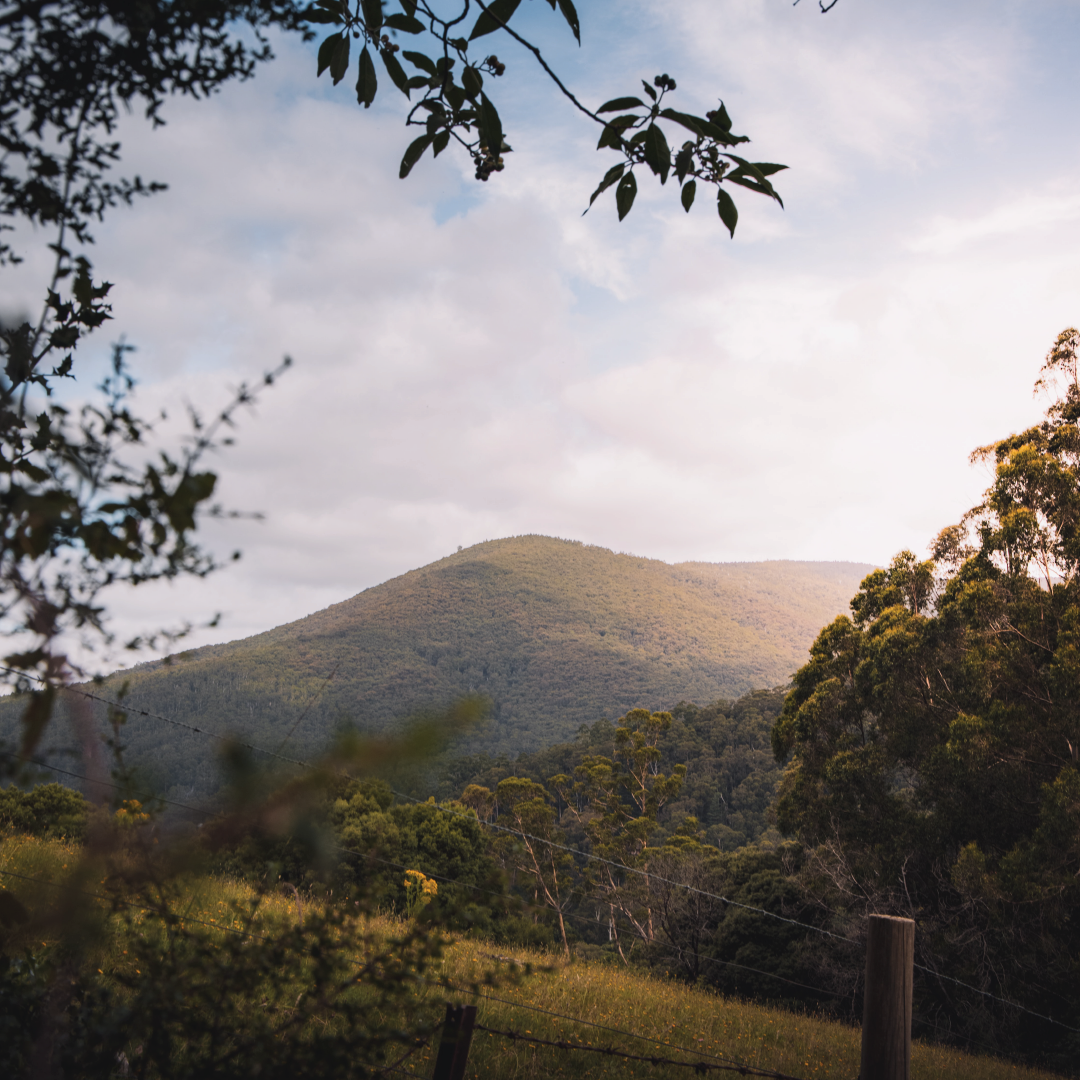Where do you go, or what do you do, to arouse the emotion of awe? It’s an emotion that scientifically has been shown to enhance memory and creativity, as well as inspiring us to act more altruistically to people around us. When we’re awestruck by the mightiness of the ocean, for example, or by the sound of a powerfully affecting voice (think Elvis or Maria Callas), we’re more likely to feel that we’re in the presence of something greater than ourselves. And this can be incredibly helpful for our mental health, because it helps us to reset our perspectives.
As professor of psychology at the University of Michigan, Ethan Kross, notes in a recent article* ‘when you are in the presence of something vast and indescribable, you feel smaller, and so does your negative chatter.’ He adds: ‘the capacity to step outside of ourselves is a really valuable skill.’ Kross himself likes to go to a nearby arboretum, immerse himself among the trees and marvel at the astonishing power of nature. The research of Michelle Shiota, a professor of social psychology at Arizona State University, backs up Kross’s claims. She has conducted experiments which suggest that ‘the brain is constantly forming predictions of what will happen next; it uses its experiences to form mental stimulations that guide our perception, attention and behaviour. Awe-inspiring experiences—with their sense of grandeur, wonder and amazement—may confound those expectations, creating a “little earthquake” in the mind that causes the brain to reassess its assumptions and to pay more attention to what is actually in front of it.’ And if we are paying attention to something right in front and outside of ourselves, we may not only get a bit of respite from our anxieties, but also be much better at expressing generosity to others.
Being in nature is perhaps one of the easiest ways of evoking awe: a feeling of respect and wonder, sometimes tinged with a little fear. A huge wave you’re about to surf. Hiking in mountains that have been made by millennia of seismic and river activity. Looking up at the incandescence of a starry night sky. Or even narrowing in on the swaying grace of the praying mantis as it hunts the grass blades of your backyard.
*‘Awe: the ‘little earthquake’ that could free your mind’ by David Robson, BBC Worklife, at https://www.bbc.com/worklife/article/20220103-awe-the-little-earthquake-that-could-free-your-mind






































